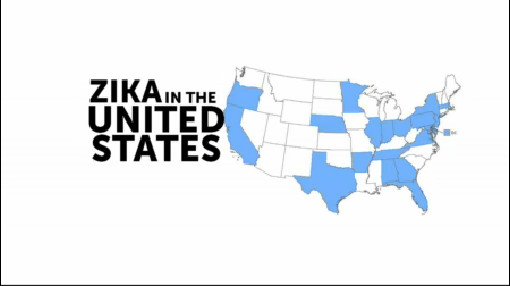MYRTLE BEACH, S.C. (WBTW)-The reports of new Zika cases continue to be announced nearly every day. While no one has tested positive yet, the mosquito carrying the Zika virus does live in South Carolina.
In a senate health committee hearing Wednesday, Senator Tim Scott questioned administrators about Zika’s possible impact. He wants to know what’s being done to prevent an outbreak.
“What can we expect in terms of local transmission in the south east, and what is the CDC doing to ensure safety and communities are prepared for the possibility of a local outbreak?”
The CDC department director said, “one of the aspects of the supplemental requests is to really reinforce what needs to be done in those states to support local state and local governments to work across the spectrum. Mosquito control with surveillance and lab detection, and communication and outreach to protect pregnant women.”
So far president Obama has asked congress for $1.8 billion to help develop a Zika vaccine. Even if he gets the money, getting one is going to take quite a while.
Vaccine development is a slow and deliberate process because it needs to keep test subjects, and ultimately those who will get the vaccine, safe. That wasn’t always the case. In the 1940s and 50s, scientists tested the first polio vaccines on themselves and on institutionalized children. Those trials went well, but the U.S. government suspended a 1955 trial after 11 test subjects died and hundreds were left paralyzed.
Today, vaccines must meet many more government benchmarks before drug makers bring them to market. It takes several years of lab research for scientists to figure out what the antigen is to stop a disease .Once the U.S. Food and Drug Administration signs off on the early vaccine material to be tested further, it goes through at least three more stages of testing to determine how big a dose is needed, what the side effects are and whether it works on a large group of people.
The government can speed up trials like it did during the recent Ebola outbreak. But those tests, while successful, are still happening now even though the worst of the epidemic is already over. It is unlikely Zika will be over any time soon. Scientists with the World Heath Organization say the virus is “spreading explosively.”
They predict there will be three to four million new infections this year, including in the southern United States.

According to the CDC, there are eighty-two travel associated cases reported. No one has contracted the virus in South Carolina. There are 22 states with positive cases. Florida has the most with 21, followed by Texas with 12 and New York with 11.



